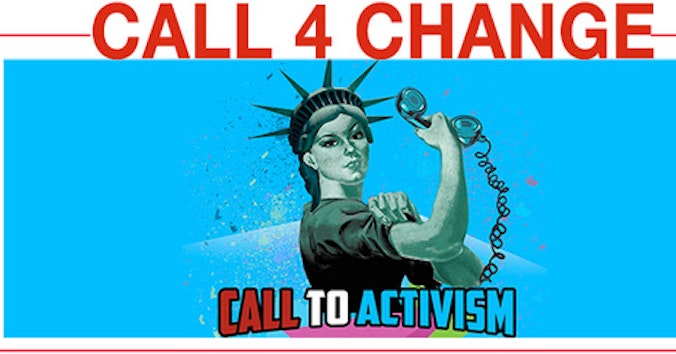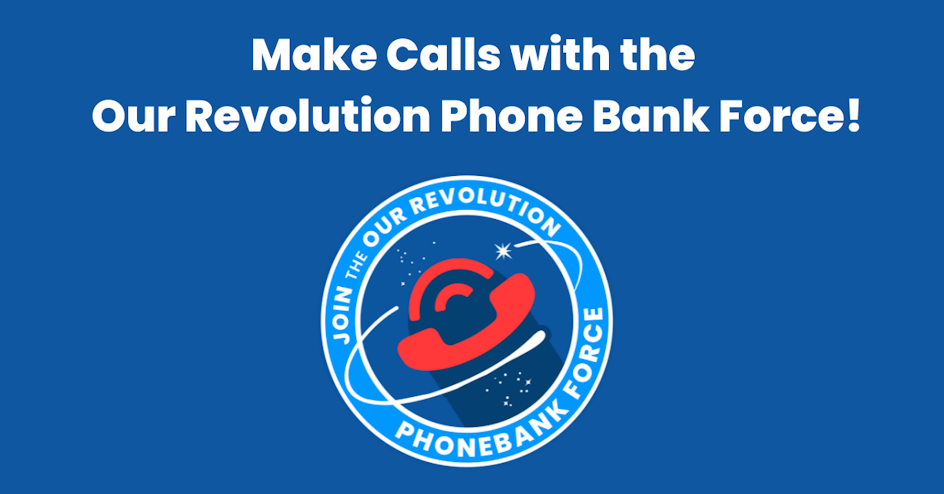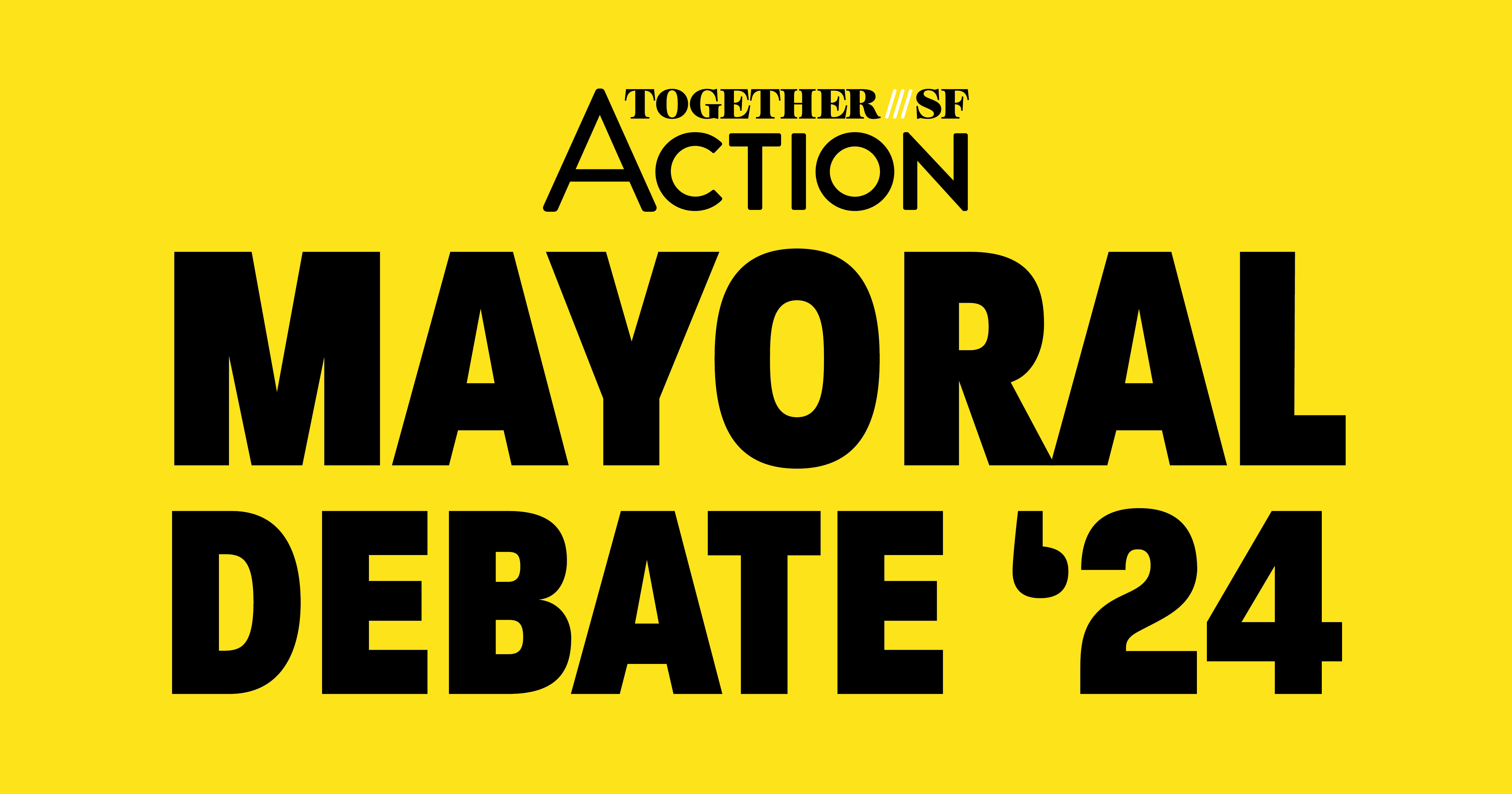Ballot measures for mayoral candidates serve as as publicity engines, storyline generators and soft-money conduits
by JOE ESKENAZI APRIL 15, 2024 (MissionLocal.org)

San Francisco’s corruption issues are not only rampant and structural — they’re downright creative. If not theatrical. A lot of corrupt water has flowed under the corrupt bridge, but let no one forget that San Francisco State Sen. Leland Yee was popped by FBI agents posing as mafiosos who roped him in on a bogus scheme to run guns to jihadis in the Philippines.
These jihadis went by the name “Moro Islamic Liberation Front” — yes, the MILFs.
So, that’s creative. San Francisco’s FBI field office must be full of ambitious up-and-comers — who may or may not have had experience in summer stock. But the city’s ensuing decade of corruption has done its best to top L’affaire Leland Yee, often making up for quality with quantity. Yes, a tractor was involved.
The overarching feature of San Francisco’s yearslong corruption tour has been federal agents and prosecutors swooping in to nail local officials that everybody long knew to be rotten — with local law-enforcement then belatedly making the case that there was gambling in the casino.
This was what was ostensibly in the back of Board President Aaron Peskin’s mind when he shocked, shocked gatherers at his April 6 mayoral launch with the announcement that he’d establish “a new tool for fighting corruption and cleaning up City Hall – an Inspector General, under the Controller, with the power of subpoena and investigation.”
An inspector general? That’s a very dramatic title; surely others also envisioned Russell Crowe glowering in an ill-fitting period costume. But that’s not what Peskin is envisioning. Rather, his proposal is, literally, cribbed from “best practices” reports for “promotion of the public trust.”
That would make it neither creative nor theatrical. And, if Peskin can persuade five of his Board colleagues to get to yes, we’ll all be voting on this come November.

What would an inspector general do that San Francisco can’t already do? Perhaps the best analogy for a California audience is to think of it as the In-N-Out Burger of anticorruption. The menu at In-N-Out is, essentially, burgers and fries — and that’s it. This is the singular place to go for a very specific thing.
An inspector general would be a centralized entity focusing on waste, fraud and corruption — and that’s it. The position would have broad powers, but limited scope. This is the singular place to go for a very specific thing.
That’s not how San Francisco does it now. A number of city offices can (and do) deal with municipal corruption as part of their much larger missions — the controller (which would house a potential inspector general), the Ethics Commission, the city attorney, district attorney and the Civil Grand Jury.
“It seems to me that someone ought to be at the head of this train,” sums up Jennifer Rodgers, a former federal prosecutor and director of Columbia University’s Center for the Advancement of Public Integrity who now teaches anticorruption courses at Columbia and NYU School of Law.
Whether it’s waiting for rampaging feds to kick down doors or follow-through by San Francisco’s diffuse set of anticorruption agencies, Rodgers notes that the city appears to take a reactive approach to municipal wrongdoing. An inspector general, she says, could change that.
“The truth is, it’s not great for any prosecutors to be the only way to find corruption. Prosecutors are, inherently, reactive in nature,” she says. “It’s not nearly as good as finding fraud and waste and abuse on the front end and training workers to do the right thing and speak up if they see something wrong. It’s not just who is doing this — but how.”
And that “how,” in Peskin’s envisioning, would include more power than non-law-enforcement officials now possess. His proposal would give a future inspector general expanded subpoena power: City investigators can already compel cooperation from city employees. But a voter-approved inspector general could additionally lean on government contractors and subcontractors receiving city funds.
Yes, that means nonprofits.
“Let’s use SF SAFE as an example,” Peskin says, referring to the disgraced police-adjacent nonprofit that “folded like a Ponzi scheme” after a January controller audit found it misspent upwards of $79,000. Peskin claims he’d been pushing for that audit for a year. But under an inspector general, it could’ve gone deeper: The controller “can audit the general ledger — if SF SAFE gives it to them — but they can’t go and verify it vs. bank records. You’d need the power of subpoena,” Peskin continues.
“If you look at the bank records, it probably tells a much larger story than $79,000.”

Under Peskin’s forthcoming proposal, the inspector general would be appointed by the mayor to a five-year term, require approval of eight supervisors and could only be removed for cause.
Giving an independent anticorruption officer his or her free run in this city would be like releasing a bloodhound into a blood bank; the low-hanging fruit in San Francisco can be harvested with a shovel.
Federal agents arrested ex-Public Works boss Mohammed Nuru in January 2020, setting in motion this city’s most recent federal anticorruption scourge. But Nuru had been in city government for 20 years, “and we knew he was a crook when the mayor hired him,” pointed out former controller Ed Harrington.
In 2004, Nuru’s former nonprofit was debarred from receiving city grants following an audit by Harrington’s controller’s office. When Mayor Ed Lee elevated Nuru to the head of Public Works in 2011, mayoral candidate and then-City Attorney Dennis Herrera pilloried the move: “For ten years, Nuru’s questionable ethics and repeated misappropriation of taxpayer dollars didn’t seem to merit a slap on the wrist from Ed Lee. Now, as Mayor, Ed Lee thinks it merits a promotion.”
Lee, you will recall, won that election. And, until the feds saw fit to intervene nine years later, Nuru did as he pleased in this city. Yes, a tractor was involved.
“We had said you can’t even give him a contract and then we hired the man. Once he was there, why didn’t we watch him better?” says Harrington. “If managers aren’t doing it, an inspector general who is more aggressive would’ve filled a different role. The controller’s auditing function is not that aggressive. It’s not going out and looking for wrongdoing as an inspector general might.”
Harrington also liked that the position would be appointed rather than elected, like “public advocate” propositions of the past. Elected officials, he said, “find fault and publicize it so they get elected again.” Rodgers, the subject-matter expert, says that an appointed official would be “someone more qualified than whatever dude happens to get himself elected.” Unlike a public advocate responding to a “one-off situation,” an inspector general is tasked to root out deep-seated government inefficiencies and corruption.
Rodgers’ list of best-practices would call for a separate office for the inspector general. Peskin isn’t calling for that; rather, the role would be housed within the controller’s office. This is a bottom-line move for a city facing a fiscal reckoning: It would be folly to ask voters to fund a wholly new layer of government bureaucracy. A well-oiled inspector general can be revenue neutral or somewhat close to it, and Peskin is selling this as a case of resources being repurposed more than enhanced.
This will, invariably, induce institutional backlash among the government entities that stand to have their resources repurposed. But they aren’t voting on this. You will be, though.
“Voters like anticorruption measures,” says Rodgers. “People realize they’re not the ones in the crosshairs of a newly appointed powerful person rooting out corruption. Opponents can spin it as a waste of dollars, but if you tell voters what it is and that message gets through, then they approve it overwhelmingly.”
WEB OF CORRUPTION

Web of corruption: Explore the cronyism, lies, and federal crimes at the heart of San Francisco’s government
Did we mention there’s an election in November and Aaron Peskin is running for mayor? Because there is and he is.
It is also neither creative nor theatrical for a mayoral contender to, simultaneously, launch a ballot measure — as a publicity engine, storyline generator and soft-money conduit. Peskin wouldn’t even be the first candidate to do so in this cycle: Mark Farrell last month established a candidate-controlled committee to run on the two TogetherSF measures to enhance mayoral reach.
Do voters like Peskin’s proposal? Well, they kinda do! January polling obtained by Mission Local shows that 57 percent of San Franciscans are positively inclined toward the inspector general measure. Not great, not terrible — but, after hearing pro and con arguments, that figure swells to 63 percent.
Could some benefactors, perhaps public sector unions, see fit to donate to a ballot proposition that could reveal waste, fraud and inefficiency in the city’s practice of contracting out labor to non-union nonprofits? Yes, that’s a possibility.
Could it benefit Peskin to make corruption a discussion topic — joining crime, filth and economic woe — and remind voters who was mayor while the feds were rampaging through town and arresting that mayor’s friends and colleagues? Yes, that’s a possibility too.
If Aaron Peskin proposed inhaling oxygen and exhaling carbon dioxide, a goodly portion of the city establishment would call for asphyxiation. That’s the nature of politics. There is a political risk in enabling Peskin’s political vehicle. But there is also a risk in opposing a municipal anticorruption measure.
There are many interesting decisions to be made. And, surely, creative and theatrical ones.
JOE ESKENAZI
Managing Editor/Columnist. Joe was born in San Francisco, raised in the Bay Area, and attended U.C. Berkeley. He never left.
“Your humble narrator” was a writer and columnist for SF Weekly from 2007 to 2015, and a senior editor at San Francisco Magazine from 2015 to 2017. You may also have read his work in the Guardian (U.S. and U.K.); San Francisco Public Press; San Francisco Chronicle; San Francisco Examiner; Dallas Morning News; and elsewhere.
He resides in the Excelsior with his wife and three (!) kids, 4.3 miles from his birthplace and 5,474 from hers.
The Northern California branch of the Society of Professional Journalists named Eskenazi the 2019 Journalist of the Year.More by Joe Eskenazi






